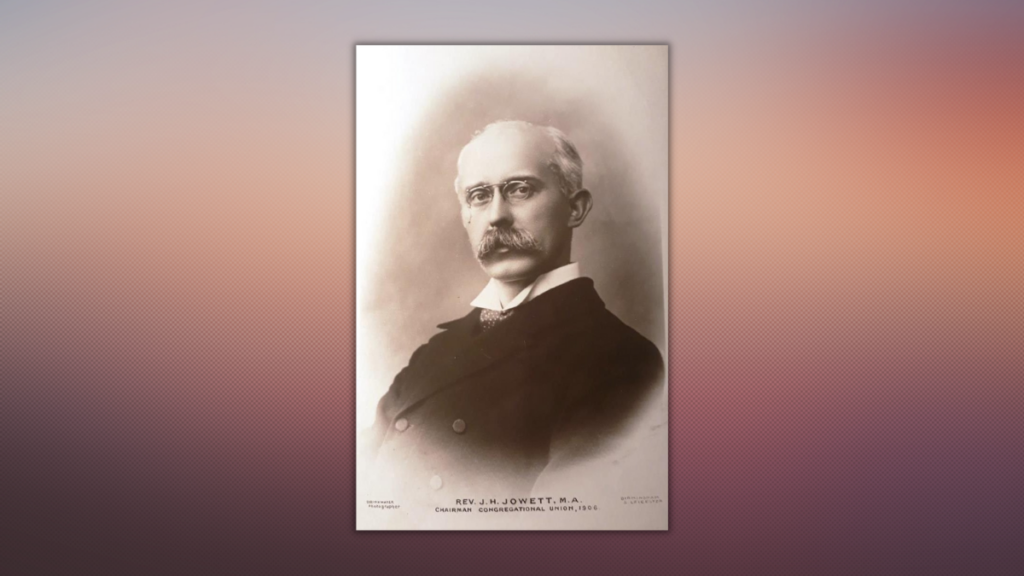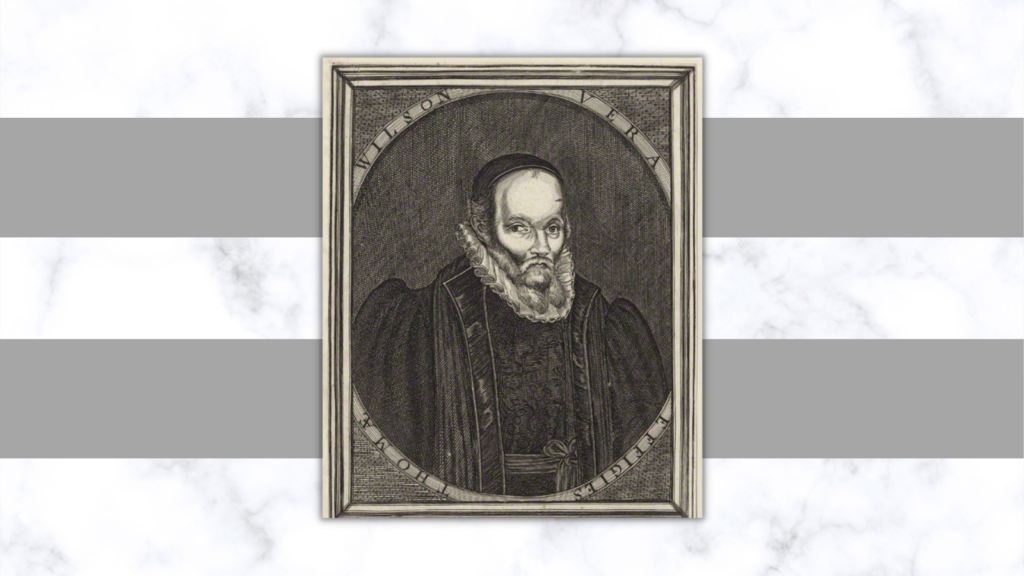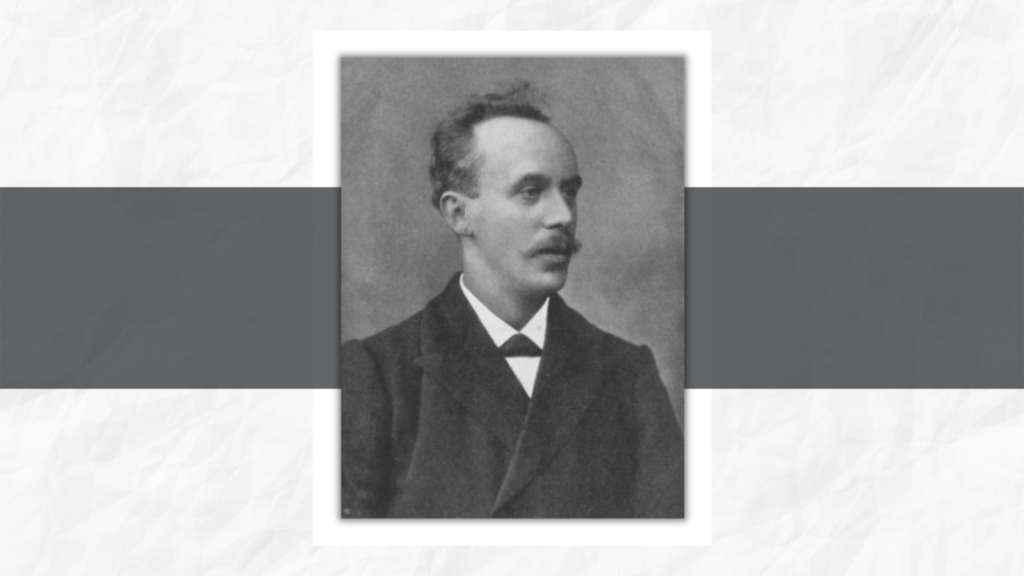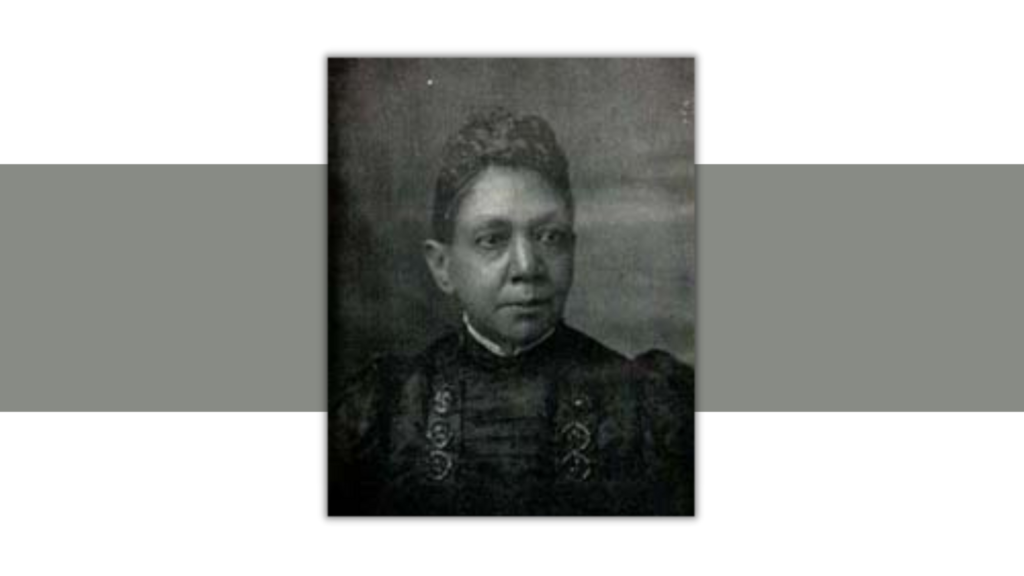By Joanne Sloan
2017 marks 325th anniversary of English theologian Grantham’s death
Thomas Grantham (1634–1692) was the leading theologian of the English General Baptists in the 17th century. As a minister he started many churches and made petitions on behalf of Baptist beliefs to King Charles II.
2017 is the 325th anniversary of his death.
He was born at Halton Holegate, near Spilsby, Lincolnshire, in eastern England. Few facts about his early life are known.
A nonconformist congregation formed near Spilsby in 1644. Four people seceded from this congregation in 1651 and became General Baptists. Grantham joined them and was baptized in 1653. In 1656 the group chose him to be their pastor. He assembled a congregation, which met in private homes at Halton and other places. After much opposition, he received a grant of Northolme Chapel at Thorpe Northolme.
Grantham and his evangelists started a number of small congregations in the south of Lincolnshire. They were General Baptists who held Arminian views. Arminianism teaches that people receive the gift of salvation when they, of their own free will, choose to accept God’s offer of grace.
Differing views
But Grantham differed from the Anglican Arminians of his day in that he advocated more reformed doctrines of human depravity, the inability in spiritual matters apart from the convicting and drawing grace of the Holy Spirit, penal substitutionary atonement and justification by the imputed active and passive obedience of Christ as well as a more reformed view of sanctification.
His view of perseverance also differed from other Arminians of his day in that Grantham believed salvation could be forfeited only by apostasy from Christ through unbelief, a condition from which one could not recover.
On July 26, 1660, Grantham and Joseph Wright of Westby went before King Charles II (1660–1685) and presented a “narrative and complaint,” signed by 35 General Baptists in Lincolnshire. They also had a copy of a Baptist “brief confession” and a petition for toleration, which detailed the harassment, fines and imprisonment their fellow Baptists had experienced. Later the Lincolnshire Baptists drew up two addresses, which were presented to the king. Grantham presented the second one.
In 1662 the authorities arrested him twice. His Arminian preaching led to the rumor of his being a Catholic. He stayed in a Lincoln jail for 15 months and was released when he petitioned the king.
Grantham became a supervisor of congregations in 1666. He developed the office into an itinerant ministry-at-large to plant churches. Under the Conventicle Act of 1670, which forbade religious gatherings outside the Church of England, Grantham was jailed again for six months. During the remainder of the reign of Charles II, he suffered several imprisonments.
Even though he wasn’t formally educated, Grantham displayed great theological skill in his most famous work, “Christianismus Primitivus” (ancient Christianity). Written in 1678, the 600-page book covers everything from believer’s baptism to original sin to instructions on Christian marriage.
He moved to Norwich, where he founded three General Baptist congregations.
Facing controversies
During his last years, many controversies arose with other dissenters in Norwich. He had a pleasant relationship though with the Anglican clergy. John Connould, vicar of St. Stephens, was a good friend.
Grantham died Oct. 27, 1692, at the age of 58. A crowd attended the funeral with Connould conducting the service. Grantham was buried inside the west door of St. Stephen’s Church. Connould was buried in the same grave in May 1703.
EDITOR’S NOTE — Joanne Sloan, a member of First Baptist Church, Tuscaloosa, has been a published writer of articles and books for 30 years. She has a bachelor’s degree double majoring in history and English from East Texas State University (now Texas A&M–Commerce) and a master’s degree specializing in English from the University of Arkansas (1978).






Share with others: